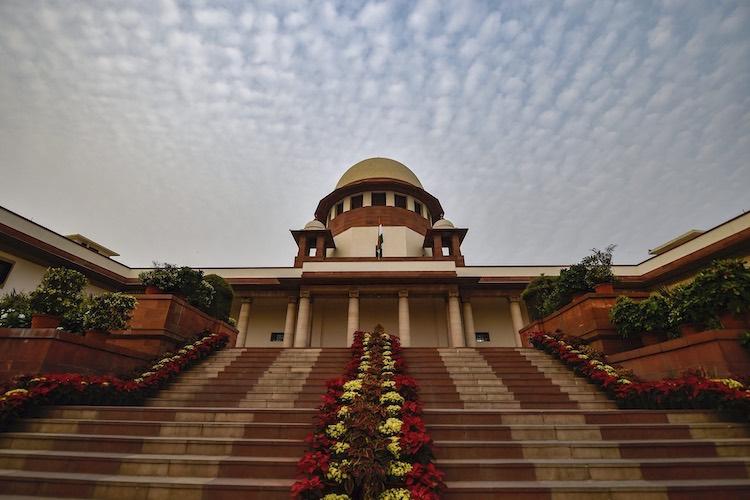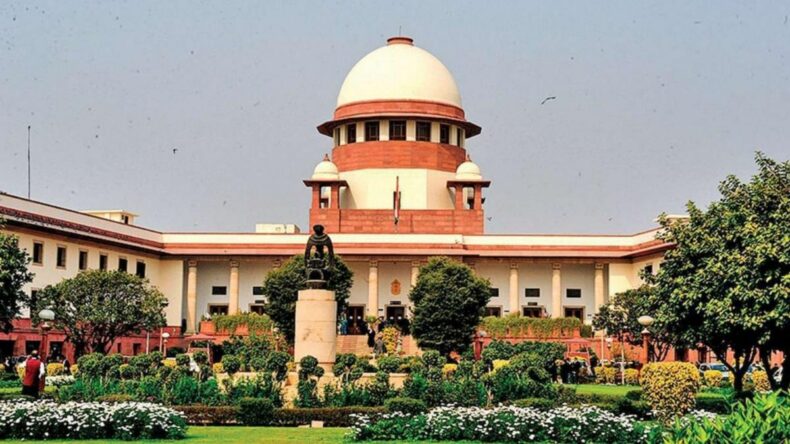
In a momentous turn of events, a trailblazing petition has been lodged in the esteemed chambers of the Supreme Court of India, propounding an extraordinary plea for a solemn declaration that the utilization of ‘religion’ as a determining factor in conferring Scheduled Caste (SC) status must be unequivocally abandoned. The plea, filed by Tamil Activist Kundanthai Arasan, argues that the religious ban on Muslims and Christians, as mentioned in Paragraph 3 of the Constitution Scheduled Castes Order, 1950, should be eliminated. The petitioner contends that this ban is a violation of various constitutional articles, including Article 14, 15, 16, and 25, and calls for a religion-neutral approach in granting SC status.
Petition Challenges Religious Criterion
Citing the absence of the term “religion” in Article 341(1) of the Constitution, the petitioner argues that using religion as a basis for denying SC status constitutes a gross violation of constitutional principles. According to the petitioner, the social phenomenon of caste-based discrimination and untouchability is not limited to any particular religion but is prevalent across society. It is contended that Christians and Muslims of SC origin face the same traditional practices of untouchability as their Hindu, Sikh, and Buddhist counterparts.
Supporting Arguments from Reports
The petitioner refers to several reports to support their case. The Report of the Backward Class Commission in 1955 acknowledges that Indian Christians continue to be guided by caste not only in matters of untouchability but also in the social hierarchy. The L. Elayaperumal Commission Report further emphasizes that SCs who converted to religions other than Hinduism should receive similar concessions since they experience the same disabilities. Notably, while the Scheduled Castes status was extended to Buddhists of Scheduled Castes origin based on the recommendation of the High Power Panel on Minorities in 1983, the same commission also recommended granting SC status to individuals from other religious backgrounds.
Religion-Neutral Status Recommended
Additionally, the Justice Renganath Mishra Report recommends the removal of Paragraph 3 of the Constitution (Scheduled Castes) Order 1950 to make the Scheduled Castes category fully religion-neutral, similar to the Scheduled Tribes. The petitioner contends that the opposition’s argument, suggesting that Christianity and Islam do not recognize the caste system like Hinduism does, is based on the historical foreign origins of these religions. However, the petitioner highlights that at both the international and national levels, Christian churches and organizations condemn racism, apartheid, and untouchability. The Hindu religion, in turn, does not promote or recognize untouchability practices.
International Perspective and Recommendations
The petitioner further draws attention to the International Convention on the Elimination of all Forms of Racial Discrimination, which recommended that the Indian State restore affirmative action benefits for all members of scheduled castes and scheduled tribes who convert to another religion. This highlights the global perspective on religious discrimination and the need for inclusive policies that do not exclude individuals based on their religious beliefs.
Petitioner’s Background and Representation
Kundanthai Arasan, the petitioner, is the founder of the Viduthalai Tamil Puligal Katchi, a political movement, and belongs to the SC community. The petitioner was represented by a team of advocates, including Franklin Caeser Thomas, Chand Qureshi AoR, Mohammad Usman Siddiqui, Aisha Siddiqui, Sakeena Quidwai, S. Venmani, and K.R. Anand.
Conclusion
The petition filed in the Supreme Court challenging the use of ‘religion’ as a criterion for granting Scheduled Caste status highlights the need for a religion-neutral approach. The petitioner argues that caste-based discrimination and untouchability are social issues rather than religious ones, affecting individuals across various faiths. By urging the removal of the religious ban and promoting inclusivity, the petition seeks to ensure equal opportunities for all individuals, irrespective of their religious background, in line with the principles enshrined in the Indian Constitution. The court’s decision on this matter will have far-reaching implications for the rights and inclusivity of Dalit communities in India.













